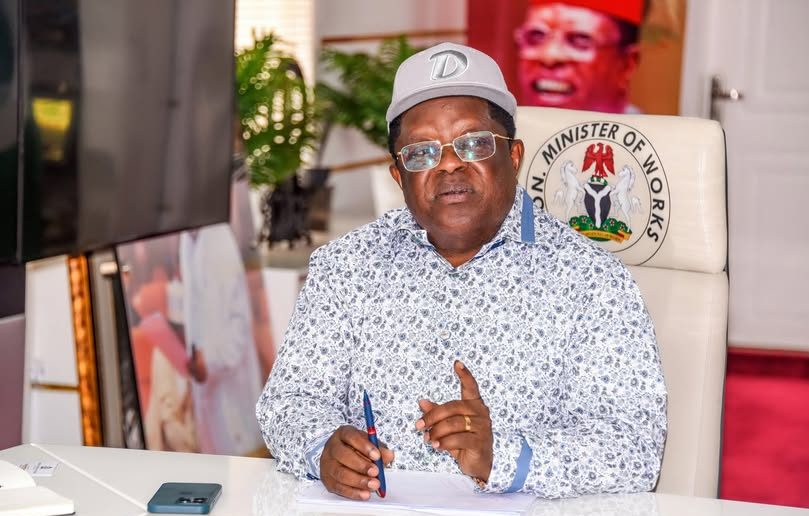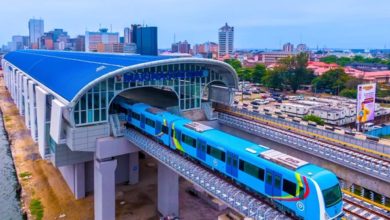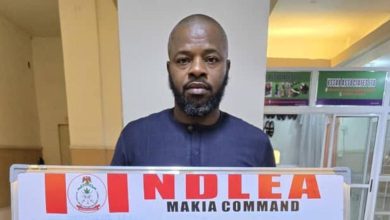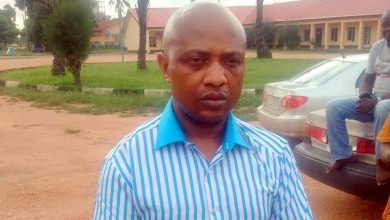Umahi Finally Reveals Cost Details of Lagos–Calabar Coastal Highway First Phase
Works Minister Dave Umahi has clarified details of the Lagos–Calabar Coastal Highway’s first-phase cost after his clash with journalist Rufai Oseni.
He said the project’s pricing is transparent and reflects complex engineering factors, not just cost per kilometre.
Minister of Works, Dave Umahi, has disclosed detailed information about the cost of the first phase of the Lagos–Calabar Coastal Highway project, a development that comes days after his much-publicized clash with journalist Rufai Oseni on national television.

Umahi’s latest explanation follows growing public curiosity over the financial breakdown of the multi-billion-naira coastal road, which is one of the most ambitious infrastructure projects under President Bola Tinubu’s administration. The minister had previously drawn criticism after describing Oseni’s question about the cost per kilometre of the project as “nonsensical” during a live interview on Arise Television last week.
In a new video that surfaced over the weekend, Umahi addressed the controversy, saying the question was misunderstood and taken out of context. He insisted that the project’s costing is transparent and that no aspect of it has been concealed from the Nigerian public or relevant oversight bodies. According to him, every figure involved in the first section of the highway was carefully reviewed and approved in line with due process.
Umahi explained that the Lagos–Calabar Coastal Highway is a complex project involving several components such as shoreline protection, drainage works, and multiple layers of pavement technology that influence its overall cost. He stressed that it is misleading to calculate cost strictly on a per-kilometre basis without considering terrain variations, design specifications, and the high engineering standards being applied.
The minister further stated that he would not allow anyone to malign his integrity or misrepresent his statements for political reasons. “Everything about this project is open and accountable,” he maintained. “I stand by the truth of what we are doing and the value it will bring to Nigeria’s economy.”
Umahi reaffirmed that the project, once completed, will enhance tourism, trade, and connectivity between the South-West and South-South regions, creating thousands of direct and indirect jobs in the process.



